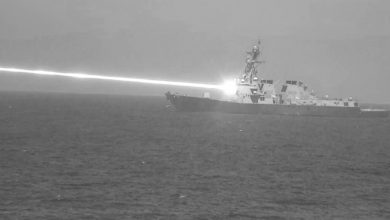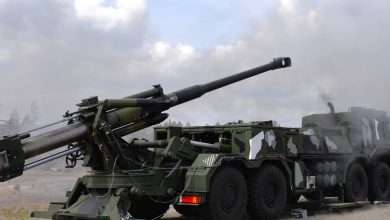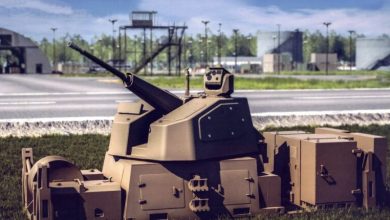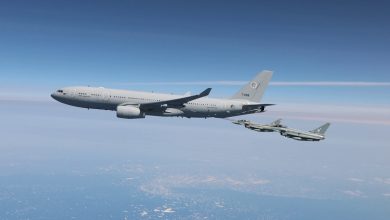NATO launches hub to safeguard critical undersea infrastructure

NATO has inaugurated a specialised centre focused on the security of extensive undersea energy pipelines and cables, which are crucial for global communications, energy supply, and economic stability yet remain vulnerable to attacks.
The newly established NATO Maritime Centre for Security of Critical Undersea Infrastructure (CUI) is based at NATO Allied Maritime Command (MARCOM) in Northwood, UK. The centre, which recently achieved Initial Operational Capability (IOC), serves as a networking and knowledge hub that supports Commander MARCOM in decision-making, force deployment, and action coordination.
Royal Navy Vice Admiral Mike Utley, Commander MARCOM, said: “Securing CUI goes beyond posturing to deter future aggression; it includes robust coordination, to actively monitor and counter malign or hybrid threats, denying any aggressor the cover of ‘plausible deniability’.
“Through the wide networks we are establishing in the new centre, that job will become much easier to achieve. And if, in the future, nations seek NATO assistance, we will be ready to help them using our networks and data.”
The centre functions as the operational hub at MARCOM, whilst a strategic hub is located at NATO Headquarters in Brussels. This dual-hub structure aims to enhance cooperation between NATO allies, partners, and the private sector. The importance of civilian stakeholder engagement was highlighted by the Norwegian Oil Industry, which expressed its support in a joint statement along with Offshore Norge, gas transport operator Gassco AS, and energy company Equinor ASA.
“It’s been a year of strong teamwork defining and establishing the centre here at MARCOM, and we are now seeing the results as we reach this important milestone,” said Danish Navy Captain Niels Markussen, Director of the NATO Shipping Centre.
“We’ve overcome many challenges to get here. Strong cooperation from cross-functional areas across MARCOM have been key to success, including operations, intelligence, IT, and Civil Military Cooperation (CIMIC). We’ve also worked tirelessly with other NATO entities including NATO HQ, SHAPE, SACT, and CMRE, as well as many civilian organisations.”





